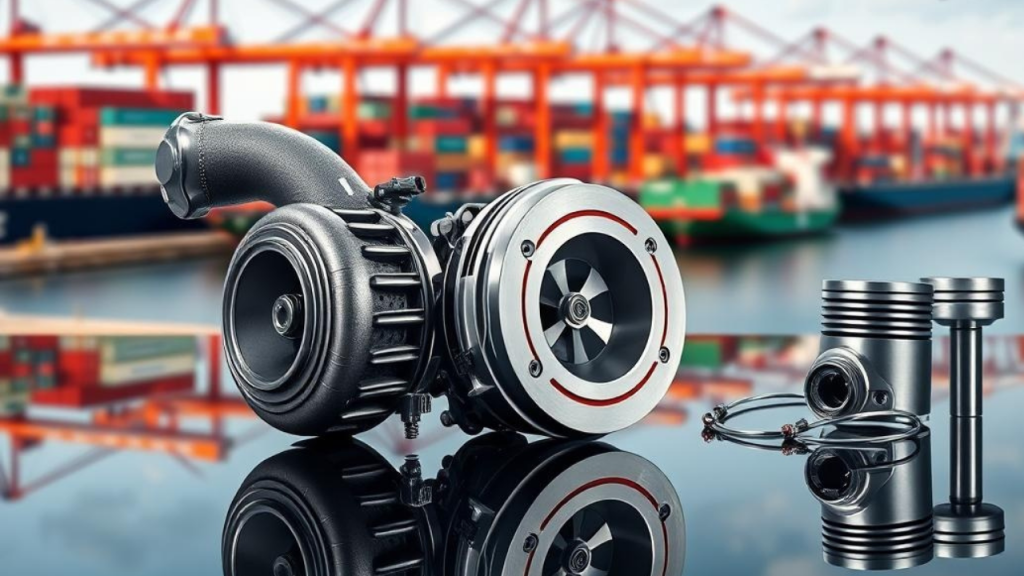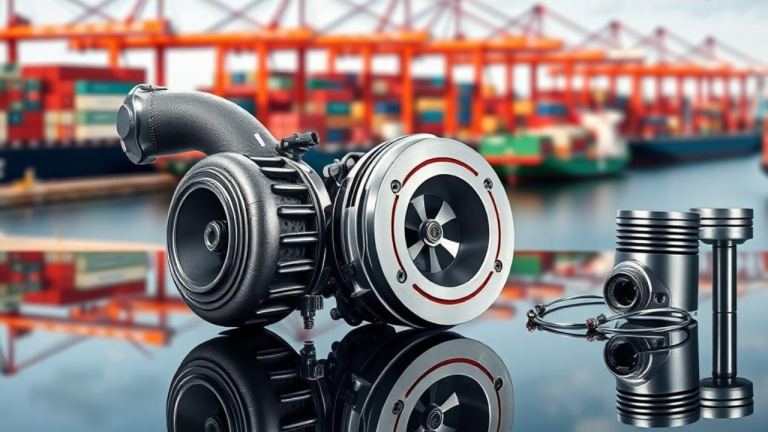In India, the automotive industry is experiencing a significant shift towards electric vehicles (EVs) with the government’s push for cleaner and sustainable transportation. The demand for EVs is on the rise, driven by factors such as environmental concerns, rising fuel prices, and government incentives. Leading automakers in India, including Tata Motors, Mahindra & Mahindra, and Hyundai, are investing heavily in EV technology and launching new electric models to cater to the growing market. The Indian government has also introduced various initiatives to promote the adoption of EVs, such as tax incentives, subsidies, and charging infrastructure development. As a result, the sales of EVs in India are expected to increase in the coming years. However, challenges such as high upfront costs, limited charging infrastructure, and range anxiety still hinder the widespread adoption of EVs in the country. To address these challenges, the government and industry stakeholders need to work together to develop a comprehensive strategy for promoting EVs and building a supportive ecosystem. With the right policies and investments, India has the potential to become a global leader in the adoption of electric vehicles. It is crucial for all stakeholders to collaborate and drive the transition towards a cleaner and greener automotive industry in the country.

Posted in
JUST IN
“India’s Largest Bank, SBI, Launches AI-Powered Chatbot for Customer Service Improvements”
In Trend

“Cardinal Kevin Farrell steps into spotlight as camerlengo after Pope Francis’s death, overseeing Vatican during interregnum.”


















